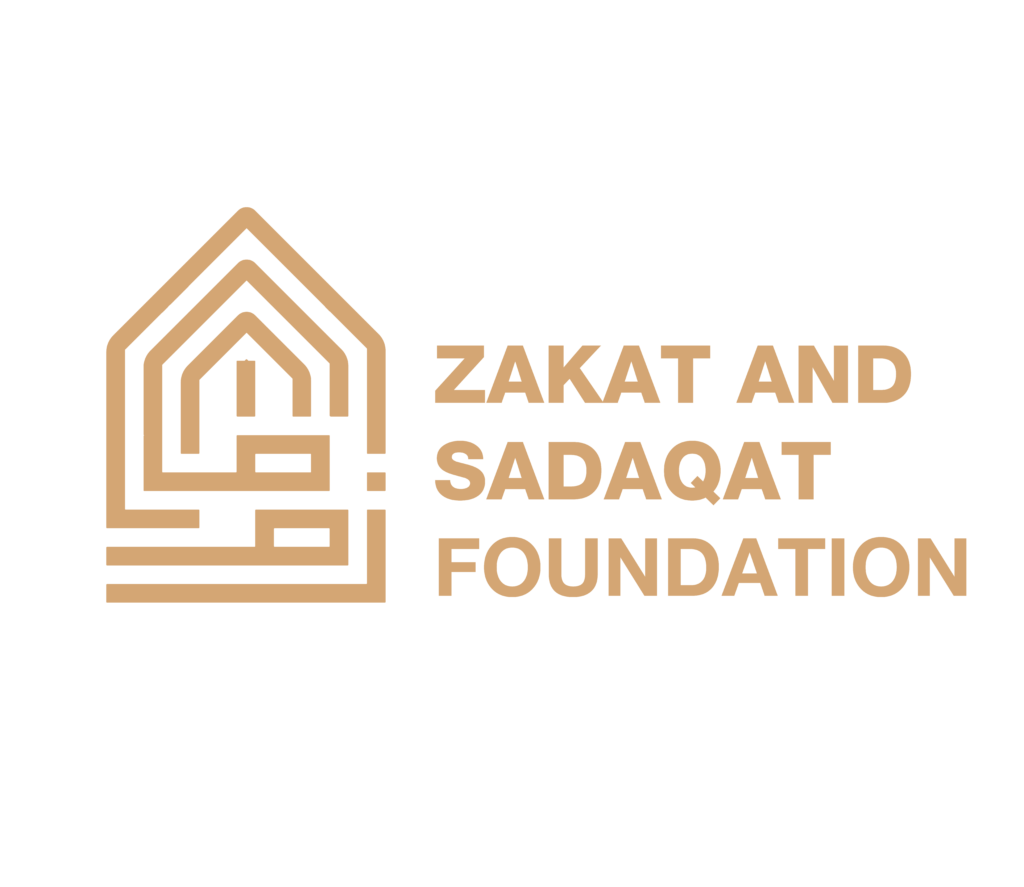The Importance of Zakat in the Life of a Muslim
Introduction
Zakat is one of the five pillars of Islam, and its significance in the life of a Muslim cannot be overstated. Derived from the Arabic root “zakaha” which means to purify, grow, and increase, Zakat serves as a means of purification for both wealth and the soul. Beyond its financial aspect, Zakat plays a vital role in fostering social justice, compassion, and community cohesion among Muslims. This article explores the importance of Zakat in the life of a Muslim from various perspectives.

1. Spiritual and Moral Growth
Zakat is more than just a financial obligation; it is a spiritual duty that encourages Muslims to detach themselves from worldly possessions and grow spiritually. By giving away a portion of their wealth, Muslims purify their hearts from the love of materialism and develop empathy for those less fortunate. This act of selflessness reinforces core Islamic values of compassion, humility, and gratitude.
- Economic Equity and Social Justice
One of the primary purposes of Zakat is to bridge the economic gap in society. It serves as a mechanism to redistribute wealth from the affluent to the needy. This act of charity helps in mitigating poverty, reducing inequality, and ensuring that basic needs like food, shelter, and healthcare are accessible to everyone in the Muslim community. Through Zakat, Muslims collectively contribute to building a fair and just society.

- Solidarity and Community Building
Zakat strengthens the sense of community among Muslims. It fosters a spirit of mutual responsibility and solidarity as those who have more wealth recognize their obligation to help those who are less fortunate. This act of giving creates a sense of unity, as Muslims come together to support each other in times of need. It reinforces the idea that the Muslim community is one large family, where the welfare of each member is of utmost importance.
- Compassion and Empathy
Zakat is not just about giving money; it is about recognizing the suffering of others and responding with compassion. When Muslims pay their Zakat, they are reminded of the struggles faced by the less fortunate and are encouraged to empathize with their plight. This empathy extends beyond financial assistance, encouraging Muslims to actively engage in charitable activities, volunteerism, and acts of kindness.
- Accountability and Self-Reflection
Zakat is a reminder of the individual’s accountability to God. Muslims are required to calculate and give away a specific portion of their accumulated wealth each year. This process encourages self-reflection, as individuals assess their financial status and contemplate their responsibility toward those in need. It keeps believers mindful of their duties to both God and their fellow human beings.
- The Favor of God
In Islam, it is believed that giving Zakat results in the blessings and favor of God. Muslims who fulfill this obligation are promised spiritual rewards, increased sustenance, and protection from misfortune. This belief reinforces the importance of Zakat in the life of a Muslim, as it is seen as a means to earn God’s pleasure and secure blessings in this life and the hereafter.
Conclusion
Zakat is a fundamental pillar of Islam that embodies the values of compassion, social justice, and community cohesion. It serves as a powerful tool for economic equity and poverty alleviation, while also promoting spiritual growth and selflessness among Muslims. Through Zakat, Muslims reaffirm their commitment to the principles of Islam and their responsibility toward the less fortunate, ultimately striving to build a more just and compassionate society. In the life of a Muslim, Zakat is not merely a financial obligation; it is a transformative act that shapes their character and strengthens their connection to God and humanity.

